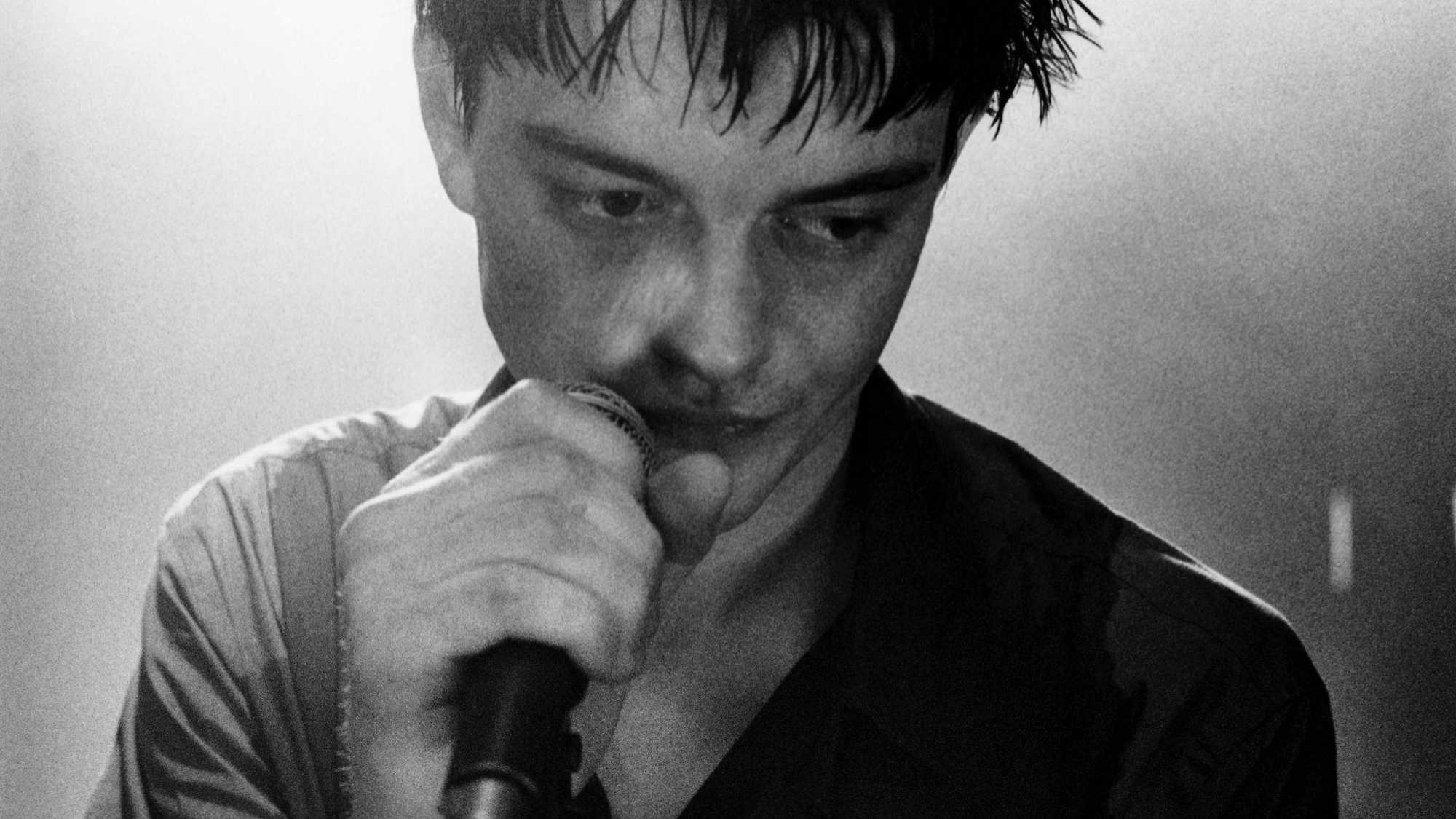Anton Corbijn's visually arresting biopic of Joy Division lead singer Ian Curtis casts an insightful, poignant and very human light on a British rock legend. As Curtis, relative newcomer Sam Riley is uncanny.

Somber, sad and compelling; a riveting, visually arresting portrait of a soul in torment.
Screened as part of NZIFF 2007
Control 2007
Fresh from a triumphant Directors' Fortnight screening at Cannes, Anton Corbijn's highly anticipated homage to Joy Division singer Ian Curtis – the flawed British rock star who recoiled in the glare of fame – is a rare example of a biopic that lives up to its hype. Control leads us from Curtis' (Sam Riley) schooldays in Macclesfield in 1973, where the shy Bowie fan daydreamed in class and married his best friend's girl Deborah (Samantha Morton), up to his suicide, at the age of 23, on the eve of his band's first American tour. Based on the memoirs of Deborah Curtis, as well as the testimonials of friends, the film focuses equally on Joy Division's mounting success and the chaos of his personal life. In archetypal rock star fashion, Curtis was a man with problems – including adult-onset epilepsy – who knew how to make things worse. Gaining a lover, Belgian beauty Annik Honoré (Alexandra Maria Lara), he continued to live an unhappy life at home with his wife and baby daughter, unable to commit himself fully to any facet of his life, even music. Newcomer Riley is stunning, not to mention uncanny, in the lead role of Curtis, embodying every aspect of his mercurial, tortured psyche, from gentle poet to selfish, ambitious rock star. As his long-suffering wife, Morton's performance is equally astonishing and sympathetic. The film's monochrome photography, especially in scenes of the band playing live, is divine yet sparse, mirroring the iconic photos Corbijn took of the band in 1979 when he was a photographer for NME. Perhaps because he was there at the time, an air of respect and intelligence shines from every frame of this fitting eulogy to one of rock's lost souls.